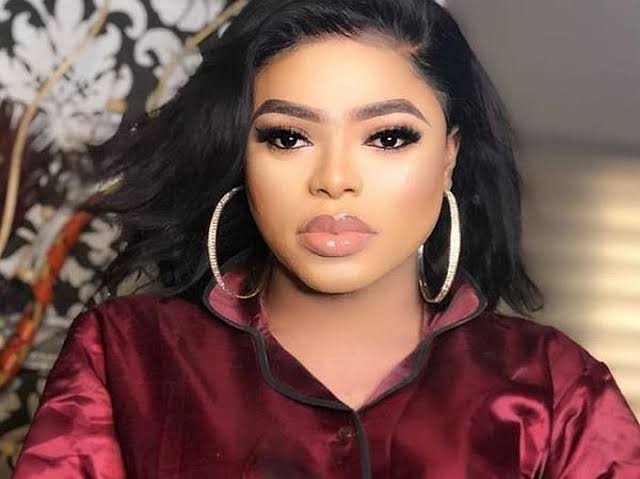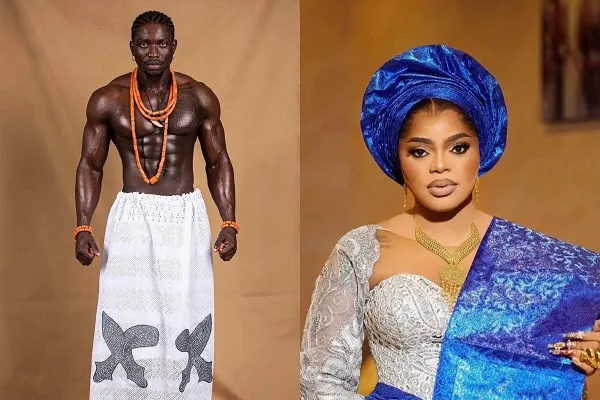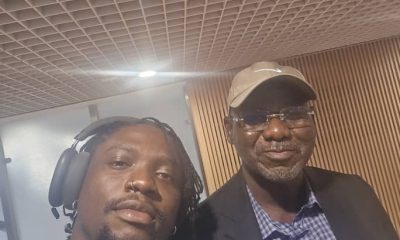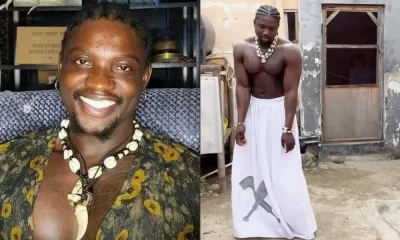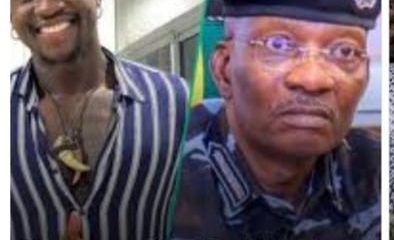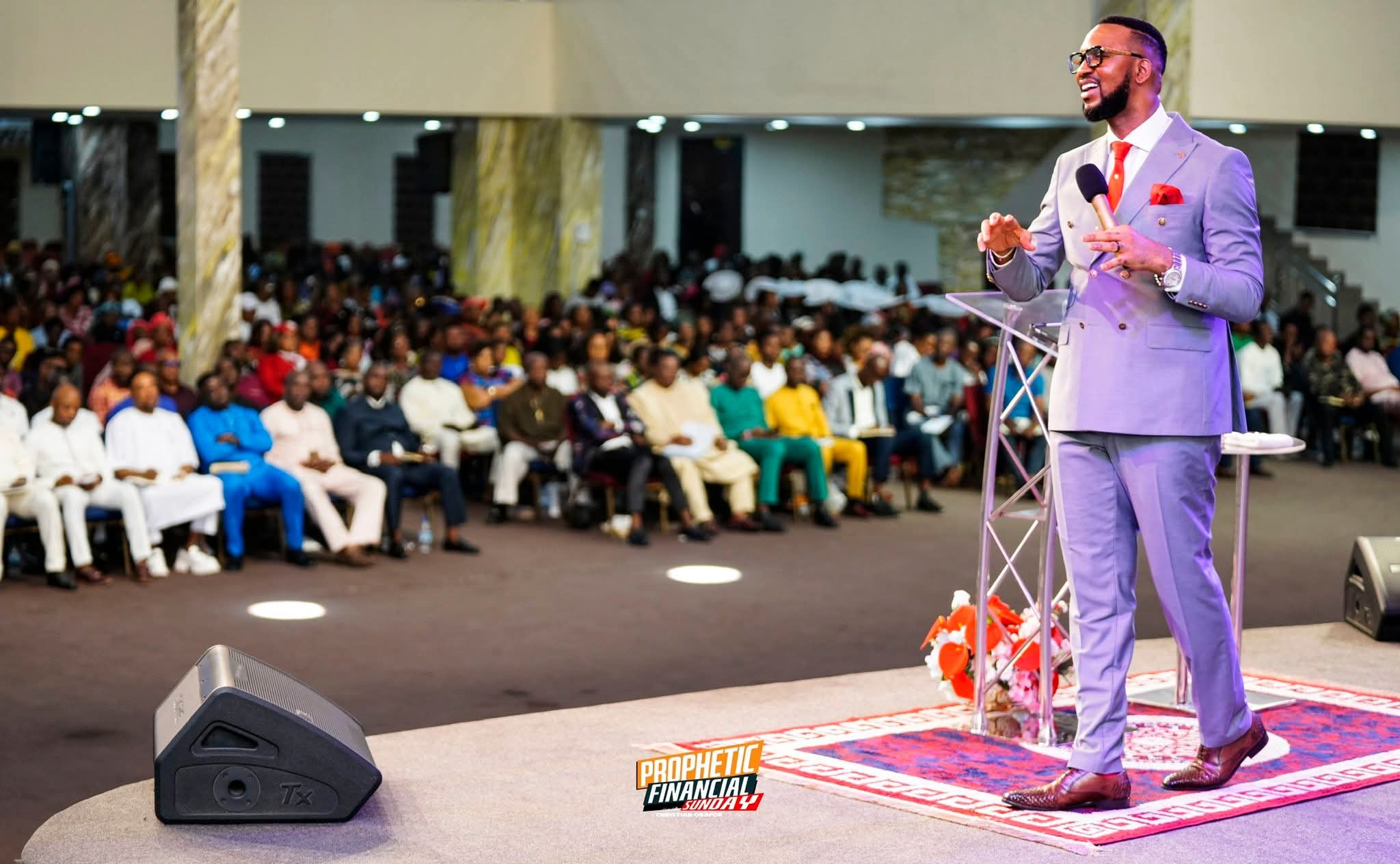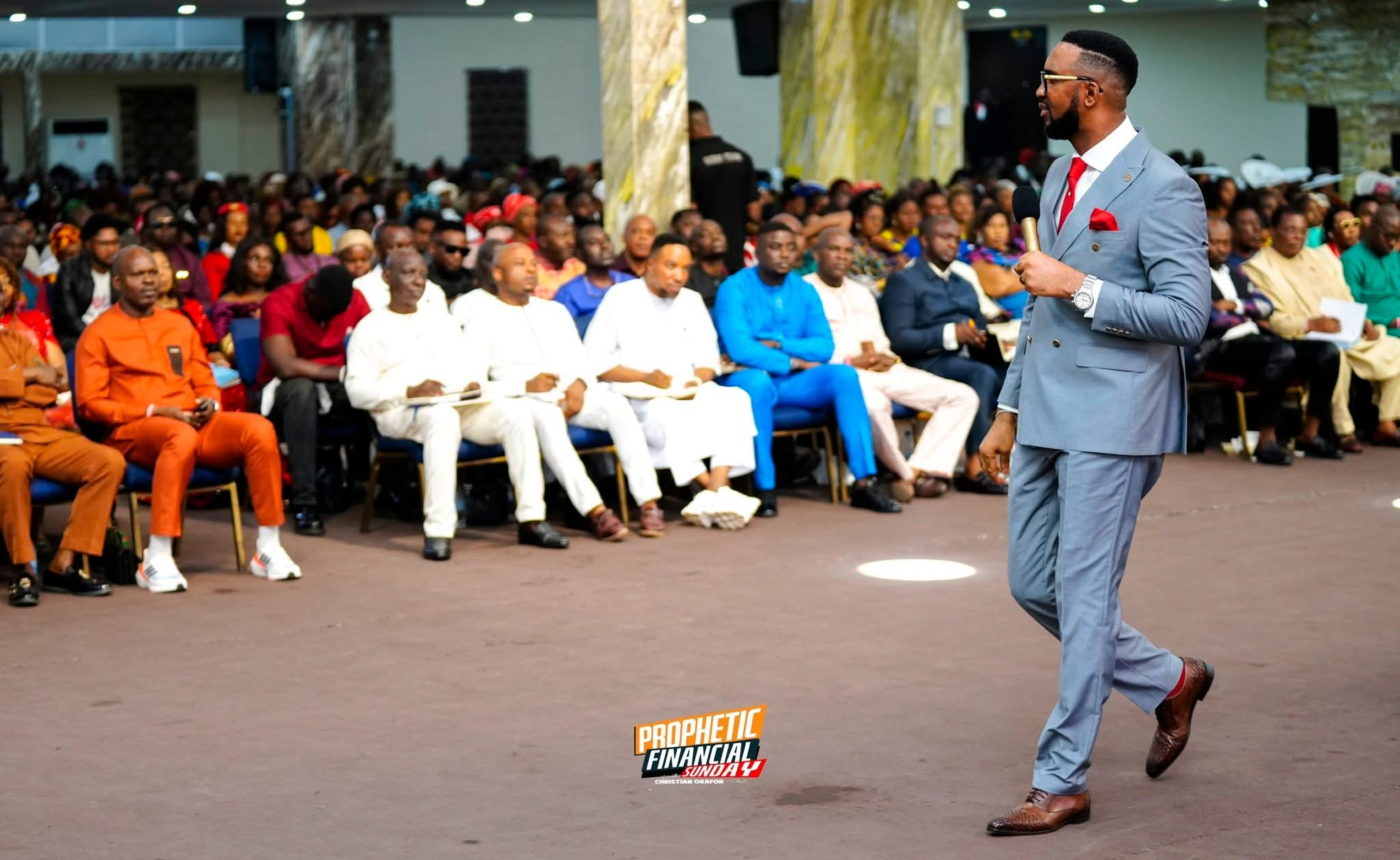celebrity radar - gossips
Emerging Details Of How Bobrisky spent jail term in Kirikiri special cell

How Bobrisky spent jail term in Kirikiri special cell
More details emerged on Friday on what transpired during the six-month jail term of popular cross dresser, Idris Okuneye, aka Bobrisky.
Investigations by Saturday PUNCH revealed that the controversial social media influencer after being sentenced for spraying the naira, was taken to the Ikoyi Custodial Centre on April 12, 2024.
Sources confided in our correspondents that the convict, who had prison number S682/2024, was taken to the Medium Security Custodial Centre, Kirikiri, as his presence began to attract attention and generate publicity.
A highly credible source said, “He was first moved to the Ikoyi prison where he spent a few days before the controller, Ben-Rabbi Freedman, moved him to the Medium Security Custodial Centre, Kirikiri.”
Another top source confirmed Bobrisky’s movement from the Ikoyi facility to the Medium Security Custodial Centre, adding that he spent some days there before he was again moved to the Maximum Security Custodial Centre, Kirikiri.
The source explained that he was visited by some relatives in the prison, adding that there was a record of all his activities.
“Many people visited him in the place, including three family members. Those people followed due process and that was why they were able to see and visit him. I also saw him in the prison. He looked gentle and sober,” the source added.
The special ‘cell’
Saturday PUNCH gathered that there was usually provision for some inmates considered to be “Very Important Persons” who might be at risk if allowed to mingle with other inmates.
“The place is like a back cell or a single cell originally reserved for well-behaved inmates. This is in accordance with prison rules. They are put there to compensate for their good behaviour.
“However, when warders bring in certain people, they are taken there. They live whichever way they want. Some of the inmates furnish the place to their taste,” the source stated.
Asked the cost of using the room, the source noted that such was usually determined by the officer in charge of the centre.
“They collect huge sums of money from them, depending on the kind of inmates they have. When you saw the fight between operatives of the DSS and prison service for (Godwin) Emefiele on the court premises, what did you think was the reason? It’s because of the benefits that come with having such a person in custody,” the source added.
The source noted that Bobrisky might have been put in the “special cell” during his time in the Kirikiri prison.
Another source, who confirmed the existence of such an arrangement, said negotiations usually start from the court between inmates and prison officials.
The source said the correctional service knew what it wanted to do, hence Bobrisky was allegedly shielded from inmates when he was admitted.
He said, “Inmates who saw him at the medium prison before he was moved to maximum prison were not many. It was all planned.”
But the spokesperson for the Nigerian Correctional Service, Abubakar Umar, denied the report that there was preferential treatment for VIP convicts.
“We are not aware of such. They are alien to us. However, that information will be investigated. All inmates are given the same treatment. We don’t have any preferential treatment for anybody,” he insisted.
Efforts to get Bobrisky’s reactions proved abortive, as he did not respond to calls to his telephone line and messages sent to his official Facebook handle and WhatsApp on Friday night.
Controversial cross-dresser
Bobrisky has been in the eye of the storm since Wednesday, April 3, 2024, when operatives of the Lagos command of the Economic and Financial Crimes Commission arrested and detained him over allegations of mutilating naira notes worth N490,000 and money laundering.
The arrest followed a viral video that showed him spraying naira notes at the premiere of the movie Ajakaju at Film One Circle Mall, Lekki, Lagos, on March 24, 2024.
He was subsequently arraigned at the Federal High Court in Lagos on six counts. The first four counts involved the abuse of the Nigerian currency, while the last two were on money laundering.
However, before the charges were read, the EFCC prosecutor, Mr Sulaiman Sulaiman, requested the court to strike out counts five and six.
“We have an agreement with the defendant to withdraw counts five and six. Therefore, we humbly urge the court to strike them out, leaving counts one to four,” he said.
The court then dismissed the two counts, and scheduled April 9, 2024, for judgement.
Bobrisky pleaded guilty to the remaining charges, and on Friday, April 12, 2024, Justice Abimbola Awogboro sentenced him to six months in prison without the option of a fine for abusing the naira.
While many Nigerians expected Bobrisky’s appearance to change following his time in prison, the controversial social media personality hosted a celebratory party just hours after his release on Monday, August 5, 2024.
Appearing more radiant than before, Bobrisky, in a viral video, boasted, “I came back from jail with a nice body,” prompting doubts about whether he truly served his sentence at a custodial centre or not.
The cross-dresser landed in fresh trouble on Tuesday when a social media activist, Martins Otse, also known as VeryDarkMan, called him out over an unpaid debt.
In a trending video, VDM said a creditor approached him, pleading for help in recovering N4m that Bobrisky borrowed.
The creditor reportedly sent Bobrisky the sum when the latter was desperate to raise money for a private apartment in prison. He, however, allegedly refused to repay the loan after his release.
VDM subsequently played an audio clip in which the ex-convict purportedly admitted to paying unnamed EFCC operatives N15m for dropping the money laundering charges against him.
celebrity radar - gossips
Kingdom Advancement: God Does Not Confirm Lies or Gossip — He Confirms His Word .” — Dr. Chris Okafor

Kingdom Advancement: God Does Not Confirm Lies or Gossip—He Confirms His Word
“When Doing Business with God,
People’s Opinions Do Not Count.”
— Dr. Christian Okafor
The greatest investment any Christian can make is partnering with God. According to the Generational Prophet of God and Senior Pastor of Grace Nation Global, Christopher Okafor, when a believer commits to serving and advancing God’s kingdom, no barrier, lie, gossip, or blackmail can prevail against them.
This message was delivered during the Prophetic Financial Sunday Service held on February 15, 2026, at the international headquarters of Grace Nation Worldwide in Ojodu Berger, Lagos, Nigeria.
Doing Business with God
Teaching on the theme “Kingdom Advancement” with the subtitle “Doing Business with God,” Dr. Okafor emphasized that when a believer enters into covenant partnership with God, divine backing becomes inevitable.
“God is still in the business of covenant,” he declared. “When you make a covenant with Him, He honors the terms. When you win souls into the kingdom and remain committed to His work, He rewards you with what you could never achieve by your own strength.”
The Man of God stressed that God does not confirm lies, gossip, or negative narratives—He confirms His Word. Therefore, anyone genuinely committed to kingdom business should not be distracted by public opinion.
“No matter the blackmail or falsehood circulating around you, if you are focused on God’s assignment, those attacks will only strengthen you,” he stated.
He further noted that a believer’s understanding of God’s covenant determines their experience. “Your mentality about God’s covenant becomes your reality. When you truly know the God you serve, no devil can move you.”
Biblical Examples of Kingdom Partnership
Dr. Okafor cited several biblical figures who prospered through their partnership with God:
Abel
Abel served God with sincerity and offered his very best. His sacrifice pleased God, demonstrating that when a master is honored, he responds with favor.
David
David’s heart was fully devoted to God, and in return, God’s presence and favor rested upon him throughout his life.
Hannah
Hannah made a covenant with God, promising that if He blessed her with a child, she would dedicate him to His service. After fulfilling her vow, God rewarded her abundantly, blessing her with additional children.
Peter
Peter, a professional fisherman, surrendered his boat at Jesus’ request for kingdom work. Through that act of partnership and obedience, he experienced supernatural provision and divine elevation.
Conclusion
In closing, Dr. Okafor emphasized that one’s approach to God’s covenant determines the level of success and prosperity experienced. Commitment to kingdom advancement secures divine confirmation and supernatural results.
The Prophetic Financial Sunday Service was marked by prophetic declarations, deliverance, healings, miracles, restoration, and solutions to diverse cases presented before Elohim.
celebrity radar - gossips
At 55, Omoyele Sowore Remains a Defiant Voice of Conscience
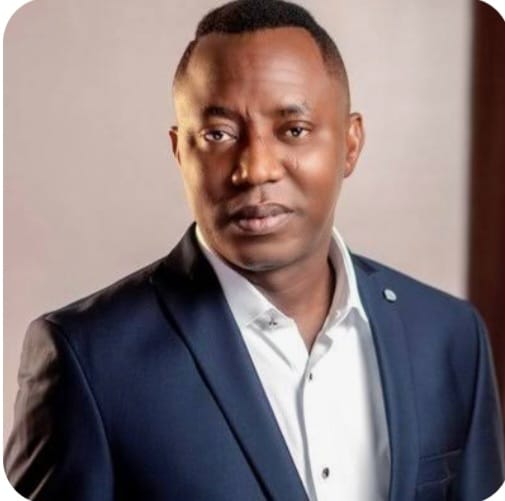
At 55, Omoyele Sowore Remains a Defiant Voice of Conscience
By George Omagbemi Sylvester | Published by SaharaWeeklyNG
“SaharaWeeklyNG Management and Staff Salute a Relentless Campaigner for Justice and Democratic Accountability.”
As activist, journalist and politician Omoyele Sowore marks his 55th birthday, the management and staff of SaharaWeeklyNG join millions of Nigerians at home and in the diaspora to celebrate a man widely regarded as one of the most persistent and fearless voices for democratic accountability in modern Nigeria.
Born on February 16, 1971, in Ondo State, Sowore rose from student activism at the University of Lagos to become one of the country’s most recognisable pro-democracy figures. His early involvement in the student movement during the military era of the 1990s placed him at the forefront of protests against dictatorship and repression, a role that would shape the course of his life and career.
He later founded Sahara Reporters in 2006, an online investigative platform that quickly gained prominence for exposing corruption, abuse of power and human rights violations. Operating initially from the United States, the outlet became a symbol of citizen journalism and digital activism, publishing stories often ignored or suppressed by mainstream media. Over the years, the platform has reported on high-level corruption cases, electoral malpractices and security failures, earning both praise and fierce criticism from political authorities.
Sowore’s activism took a dramatic turn in 2019 when he contested Nigeria’s presidential election under the African Action Congress (AAC). Although he did not win, the campaign amplified his calls for systemic reform. Months later, he launched the #RevolutionNow movement, a nationwide protest demanding an end to corruption, economic hardship and insecurity.
In August 2019, he was arrested by Nigeria’s Department of State Services (DSS) on charges of treasonable felony. His detention, which lasted several months despite court orders for his release, sparked international condemnation from human rights groups, civil society organisations and foreign observers. The case turned him into a global symbol of resistance against state repression.
Over the years, Sowore has faced multiple arrests, court trials and travel restrictions. Yet he has remained resolute, insisting that his activism is rooted in the constitutional right to freedom of expression and peaceful assembly. Supporters describe him as a principled crusader against injustice, while critics accuse him of political extremism. Regardless of the perspective, his impact on Nigeria’s political discourse is undeniable.
His life’s work echoes the enduring words of Nelson Mandela, who once said, “Freedom is not merely to cast off one’s chains, but to live in a way that respects and enhances the freedom of others.” For many of Sowore’s followers, his sacrifices represent precisely that spirit, an unyielding struggle for a more accountable and equitable society.
Similarly, the philosophy of Martin Luther King Jr. (that “injustice anywhere is a threat to justice everywhere”) resonates deeply with the trajectory of Sowore’s activism. Whether confronting police brutality, electoral irregularities or economic injustice, he has consistently framed his struggle as one for the collective dignity of Nigerians.
Nigerian Nobel laureate Wole Soyinka once observed that “the man dies in all who keep silent in the face of tyranny.” That sentiment captures the essence of Sowore’s public life. For over three decades, he has refused silence, even when it meant imprisonment, harassment and personal sacrifice.
At 55, Sowore’s journey is far from over. He remains active in political advocacy, civil rights campaigns and public commentary, continuing to challenge what he describes as systemic failures in governance and leadership. His career reflects both the promise and the peril of dissent in a fragile democracy; where the line between patriotism and confrontation is often fiercely contested.
On this milestone birthday, SaharaWeeklyNG management and staff recognise Sowore not merely as an individual, but as a symbol of the enduring struggle for transparency, justice, and democratic renewal. His story is one of conviction under pressure, a reminder that the quest for a better society often demands courage, resilience and a willingness to stand alone.
As Nigeria navigates its complex political and economic realities, figures like Sowore continue to shape the national conversation. Whether praised or criticised, his voice remains a constant in the country’s democratic journey; loud, uncompromising and impossible to ignore.
celebrity radar - gossips
Banwo Accuses Alex Otti Administration of Governance by Propaganda
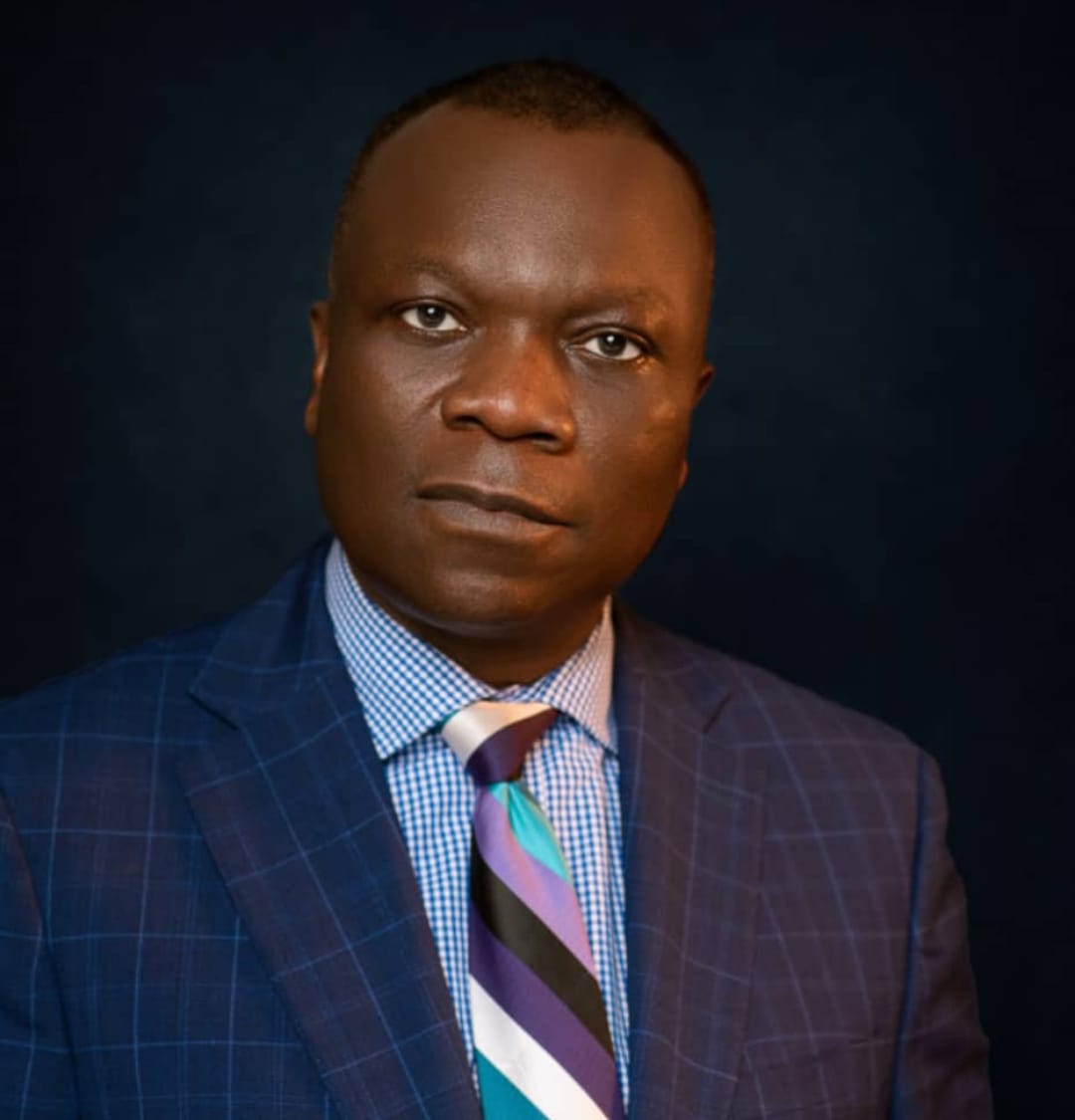
Banwo Accuses Alex Otti Administration of Governance by Propaganda
Public commentator and lawyer Dr. Ope Banwo has criticised the Abia State Government under Governor Alex Otti, accusing the administration of running what he described as a “propaganda-driven government” built on exaggerated claims and selective messaging rather than measurable governance outcomes.
In a detailed commentary, Banwo argued that while Abia State has recorded some progress in specific sectors, the government’s media machinery has inflated limited achievements into what he called “statewide miracles,” creating a disconnect between online narratives and lived realities.
Banwo, who said he initially viewed Governor Otti as a symbol of hope following the 2023 elections, noted that his concerns emerged after engaging residents and professionals living in Abia to verify widely circulated claims about infrastructure, power supply, healthcare, and transportation.
Central to Banwo’s critique is the portrayal of Abia as a state with uninterrupted electricity. He acknowledged the existence of the Aba ring-fenced power arrangement involving Aba Power and Geometric Power but argued that the arrangement has been misrepresented as statewide energy independence.
According to him, extending the Aba power project to represent the entire state amounts to misinformation, especially given acknowledged outages and the limited geographical coverage of the scheme.
He further questioned claims that Abia was the first state to assume intrastate electricity regulation, stating that other states, including Lagos State, had taken similar steps earlier.
Banwo also raised concerns over viral claims suggesting that biogas facilities are already powering Abia communities, arguing that pilot projects have been prematurely presented as fully operational infrastructure.
He noted that residents he spoke with were largely unaware of any functional biogas-powered communities, stressing that government announcements should be backed by publicly available data on scale, output, and sustainability.
On healthcare, the founder of Naija Lives Matters (NLM) questioned reports that Abia offers free medical care to all citizens above 60 years of age for life, describing the claim as unverified and unsupported by legislation, budgetary provisions, or formal policy documents.
Similarly, he criticised claims suggesting that electric vehicles operate widely across the state and that all roads have been tarred, describing such assertions as exaggerated and misleading.
The self-acclaimed Mayor of Fadeyi argued that the core issue is not the absence of development but what he described as a governance style driven by social media optics rather than transparent performance metrics.
He warned that excessive reliance on viral content, influencers, and unverified claims risks eroding public trust and undermining accountability, noting that effective governance requires data, timelines, and measurable outcomes.
“A serious government does not need to exaggerate results,” Banwo said, adding that citizens require reliable services, not slogans.
He also advised the Abia government to avoid constant comparisons with states like Lagos and its governor, Babajide Sanwo-Olu, urging the administration to focus instead on publishing verifiable performance records.
Banwo challenged the Otti administration to release clear documentation supporting its claims, including power coverage maps, healthcare policy instruments, infrastructure project lists, and implementation timelines.
He concluded that while Abia State has not “collapsed,” the growing gap between online narratives and on-ground realities could become more damaging than infrastructural deficits if left unaddressed.
-

 celebrity radar - gossips6 months ago
celebrity radar - gossips6 months agoWhy Babangida’s Hilltop Home Became Nigeria’s Political “Mecca”
-

 society6 months ago
society6 months agoPower is a Loan, Not a Possession: The Sacred Duty of Planting People
-

 society5 months ago
society5 months agoReligion: Africa’s Oldest Weapon of Enslavement and the Forgotten Truth
-

 news6 months ago
news6 months agoTHE APPOINTMENT OF WASIU AYINDE BY THE FEDERAL GOVERNMENT AS AN AMBASSADOR SOUNDS EMBARRASSING

